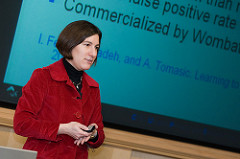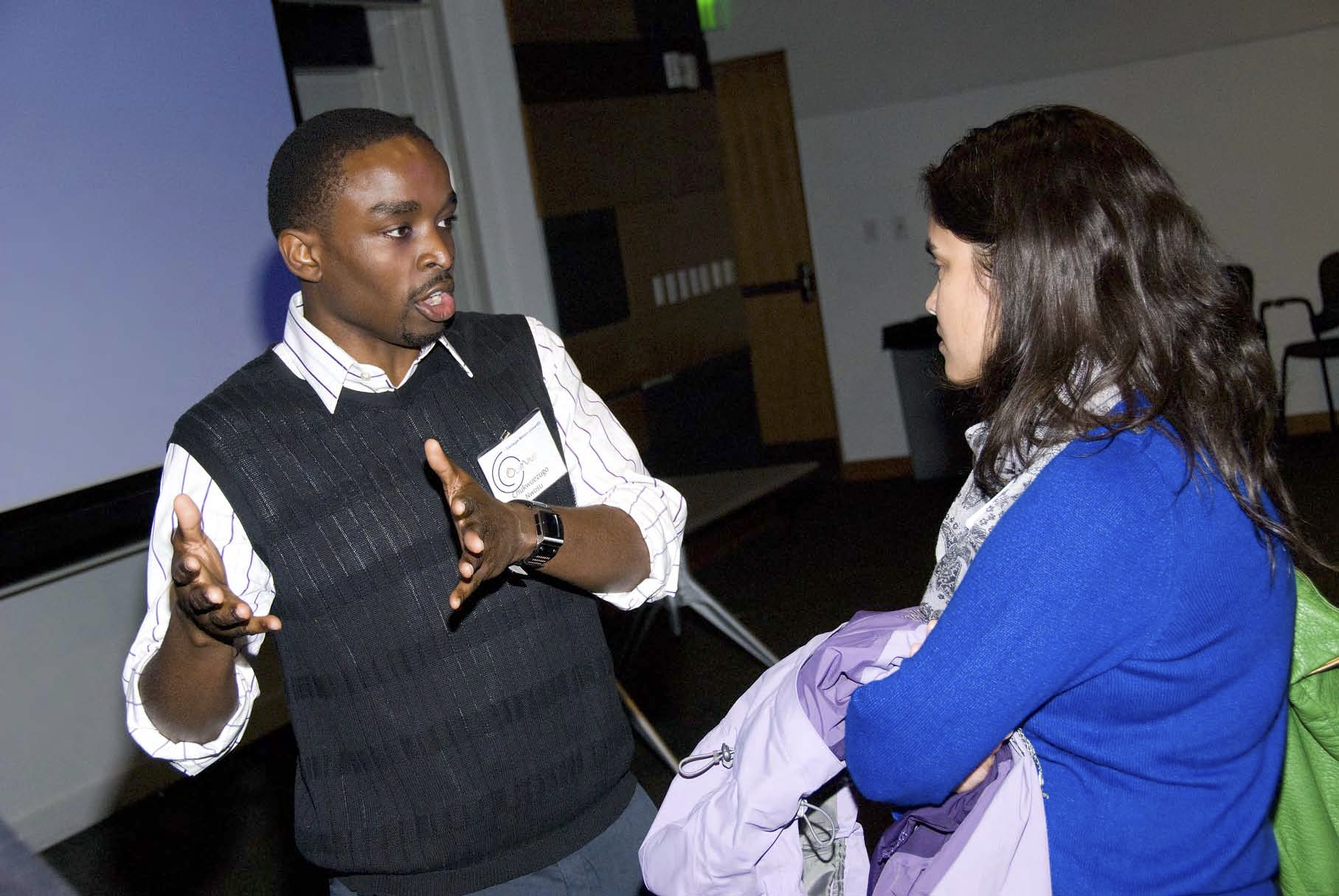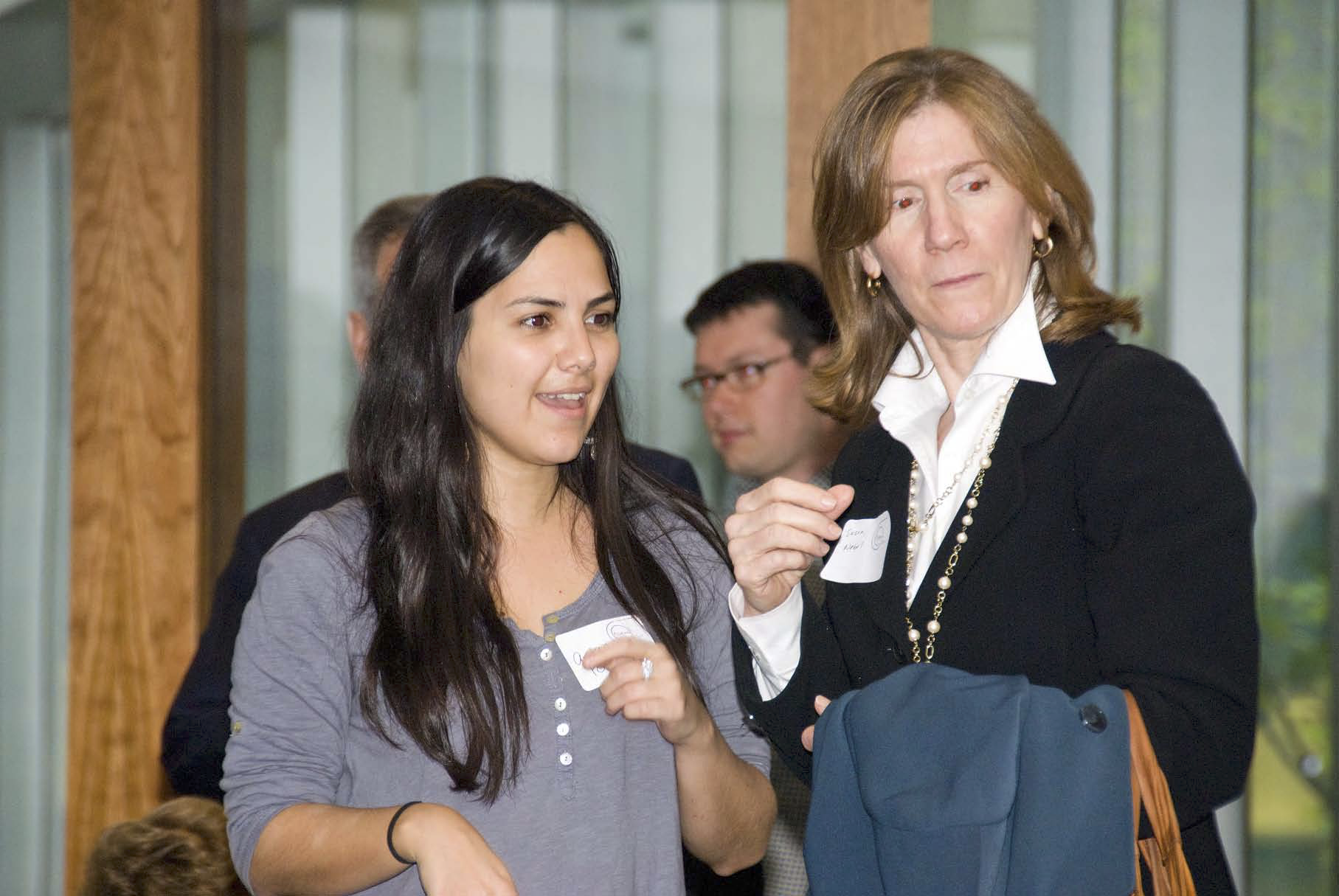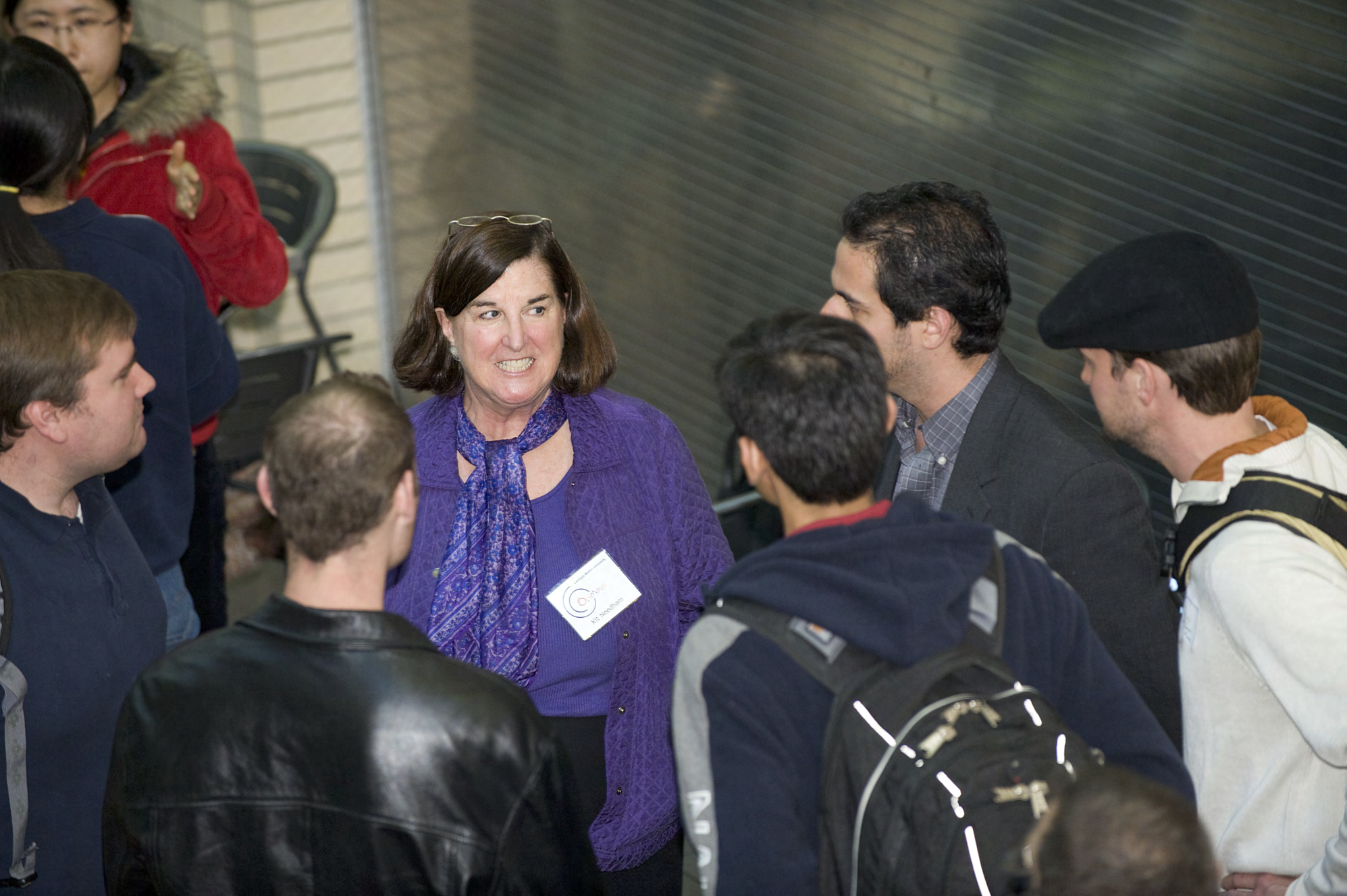Get Started in the CMU Startup Ecosystem!
Students and Alumni
We welcome all students and alumni who are interested in exploring creating a business. Start by reading the Frequently Asked Questions below. Next, complete the Business Concept Template (BCT). Once we have received that we will reach out to you to schedule a meeting go over your next steps. Email olympus@cmu.edu if you have any questions!
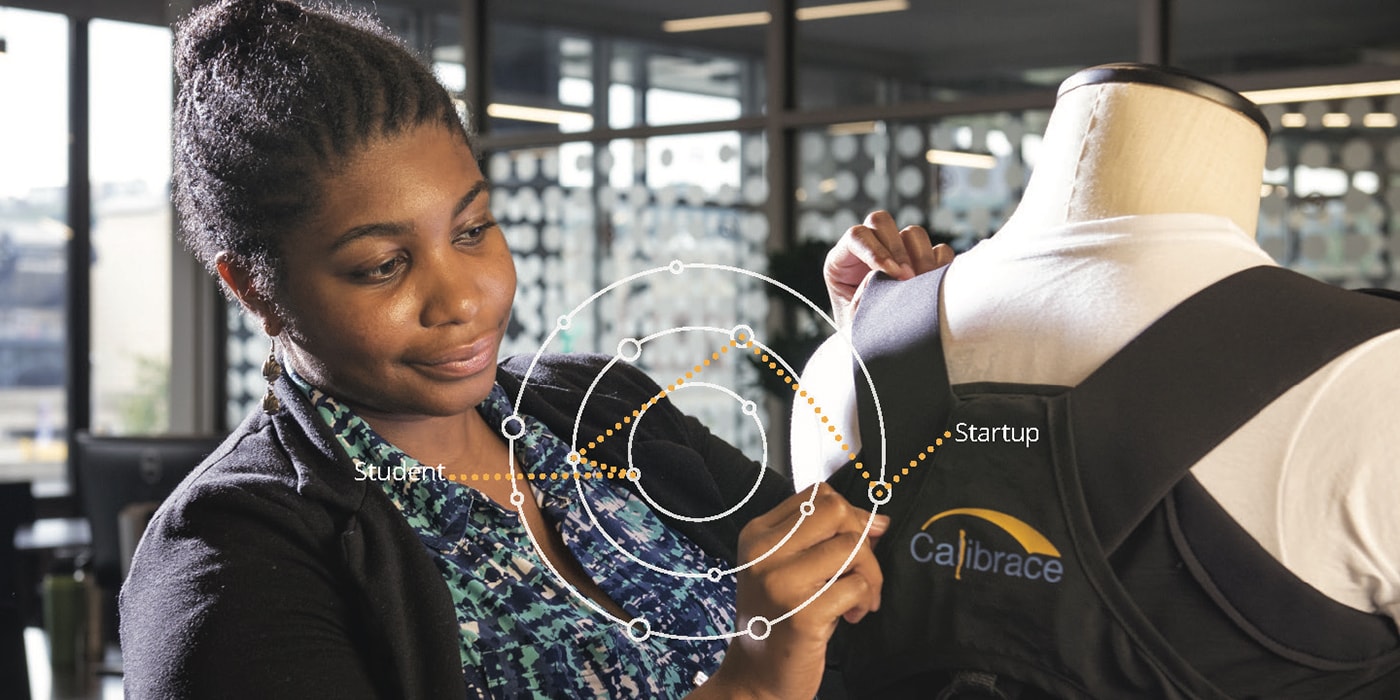
Faculty, Post-Docs, and Staff
We welcome all faculty members, post-docs, and staff who are interested in exploring the commercial potential of their research or innovations. Faculty members who are interested in working with Project Olympus have a variety of options for learning more about our offerings and getting into our programs. See the offerings and options here. Faculty Application Process.
FAQs for Students and Alumni
Who is eligible?
We welcome all current CMU students — undergrad, master's, and Ph.D. — from all schools across campus and CMU alumni.
Why do I need to complete the Business Concept Template?
The template covers all the important questions that you’ll be asked during your first meeting with Olympus staff, so this helps you to prepare by making you think through the answers.
Any guidelines or hints for completing the Business Concept Template?
Since we are only looking for your high level thoughts, your completed template should be no more than two pages. Try to answer all the questions but if you don’t know how to answer some of them, that’s okay. That is what we help you with. The important thing to remember is that all of the key questions have to be addressed for your business to be successful.
Hint: This is not Silicon Valley so generally the ‘we’ll build it and worry about how we’ll make money later’ model doesn't work well here. Further, if the revenue is to come from ads, you’ll need to have a fantastic plan (and usually lots of money) for capturing enormous numbers of ‘eyeballs’ before advertisers will pay you enough to make a living. So you should have a ‘Plan B’ for generating alternative sources of revenue.
What about alumni?
Alumni are welcome to participate in our Customer Discovery Kickstart program but would not be eligible for all programs/benefits such as Spark Grants and Innovation Commercialization Fellows. Please check out our CONNECTs series which is open to all and free to attend.
Can I add non-CMU students to my team?
Yes. We have a number of teammates from other schools such as Pitt. Teams also have team members that are no longer students at all. The only real requirement is that the key founder or co-founder is a current CMU student.
Does my business idea have to involve technology?
Your business can be high-tech or low tech or even no tech. While most Project Olympus startups are software, web-based, and/or hardware, and generally high growth (e.g. funded by Angel investors or Venture Capitalists) we have also helped students who have startup ideas for life-style and social enterprise businesses (e.g. dog toys, breweries, diverse greeting cards).
How do I get started?
Complete the Business Concept Template. You will then be contacted by a staff member with next steps.
Does Project Olympus take any equity or own any of my business?
Nope. We only ask two things of the students that we help:
1) Whenever possible and where appropriate, give public recognition that Project Olympus helped you with your business. Examples of recognition: putting our logo on your presentations and/or listing us as an advisor. And when talking to others and being interviewed by the press, tell them that we helped you. The reason this is important to us is because when we are trying to raise money to fund our operation, it helps when potential donors hear from people like you that we’ve made a difference.
2) Remember us when you are rich and famous! Truly. We hope (and frankly expect) you to express your appreciation with a generous financial contribution to help keep Project Olympus going so we can help other students in the future.
Does Project Olympus provide any funding?
The only funding that Project Olympus currently provides current students are Spark Grant Fund [pdf] micro-grants up to $3,000. To qualify, you must complete one of our programs such as Customer Discovery Kickstart, and the use of the funds must be to help reach a significant milestone.
Does CMU own any of my intellectual property if I participate in the Olympus Incubator Program?
No, CMU does not own or claim the right to use any intellectual property created by you simply because you participate in the Olympus Incubator Program.
Ownership of and/or rights to intellectual property created by students at CMU is governed by CMU’s published intellectual property policy.
Typically, ownership of student-created intellectual property is owned by CMU, rather than the student, when the student’s work resulting in the creation of the intellectual property was “sponsored” (e.g., a research project sponsored by the Federal government or a corporation). CMU may also have a right to use student-created intellectual property or other rights if there has been “substantial use of university facilities” (i.e., valued at >~$10,000) in the creation of that intellectual property. In accordance with CMU’s published intellectual property policy, CMU would not own your intellectual property or have other rights to it if you received a Spark Grant from the Olympus Incubator Program (because the Spark Grant is not “sponsorship” within the meaning of the policy) and/or you or your PROBE used incubator space pursuant to the program (because the value of the use of this space has been determined not to exceed the threshold for “substantial use of university facilities”).
I have a number of ideas. Can you help me decide which one to work on?
What if it turns out my idea isn't such a great business after all?
That’s okay. One of our goals is to help you learn how to evaluate the potential of a new business. We recognize that sometimes the first idea is not your best one. We help you figure out why not and then encourage you to move on to your next idea. We’ll help you with your next idea as well and in fact, we’ve found often your second idea is the better one. Also, sometimes you can have a great product that the market is too small to be a great business. These may be more suitable for licensing rather than for a stand-alone business, and we’ll help you with that too.
